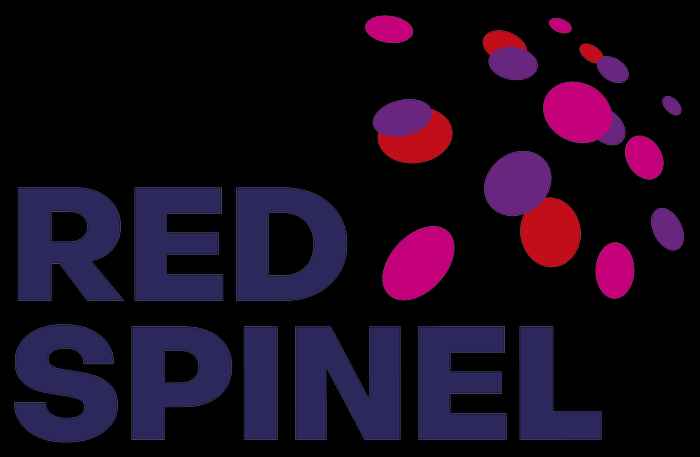The Place of Expertise in EU Policymaking
- Date
- 8 March 2023
- Time
- 10:00 -17:00
- Location
- Roeterseilandcampus - building A
- Room
- A3.01
About the seminar
The European Union is an illustrative example of using expertise as part of a broader framework for consensual and depoliticised governance. This increases rationality and scientism. It, however, may set us up to evade the difficult normative questions that arise when attempting to design just policies to address pressing societal challenges, such as migration and the climate emergency. In turn, this may play into a disconnect between the substantive policy outcome and the process of policymaking, on the one hand, and the sense of ownership, identity, and value convictions of parts of the population on the other.
How can we ensure democratically legitimated problem-solving capacity within the EU? What is the place of expertise in working towards objectives such as equality and climate stability? What role does separation of powers play in ensuring procedural legitimacy and a sense of ownership?

RED-SPINEL stands for 'Respond to Emerging Dissensus: SuPranational Instruments and Norms of European democracy'. It seeks to shed light on how European liberal democracy is being contested and what this means for its prospects in the 21st century.
This workshop is connected with Work Package 4 - Protection of Fundamental Rights in the EU.

